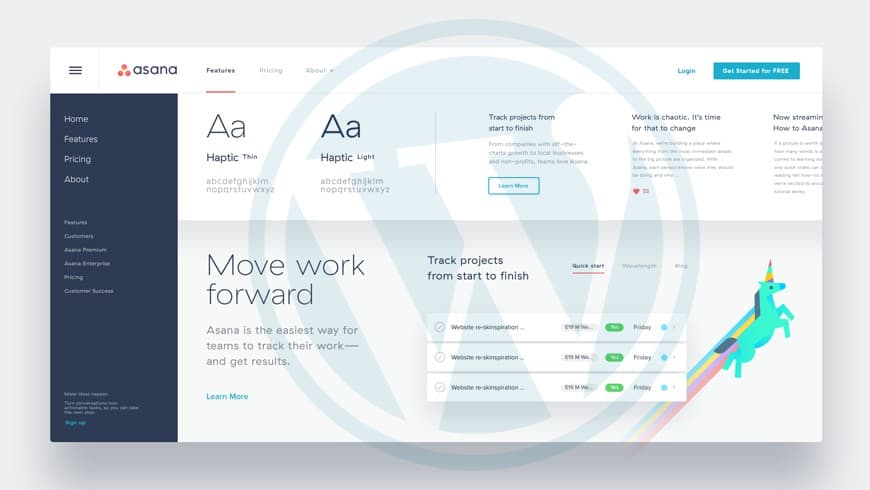In today’s digital age, websites have become valuable assets with the potential to generate significant revenue and impact. Whether you’re a business owner, entrepreneur, or investor, knowing the value of your website is essential for making informed decisions. Website valuation involves assessing various factors, including traffic, revenue, domain authority, and market trends. This guide aims to provide a simple yet comprehensive overview of how to determine the worth of a website.
Key Factors in Website Valuation
A. Traffic Metrics
One of the primary indicators of a website’s value is its traffic. The more visitors a website receives, the higher its potential for generating revenue. Metrics such as monthly unique visitors, page views, and bounce rates play a crucial role in determining the value of a site. Tools like Google Analytics and similar tracking platforms can help gather accurate traffic data.
B. Revenue Streams
Websites can generate income through various revenue streams, such as advertising, affiliate marketing, e-commerce sales, subscriptions, and sponsored content. Valuation experts often use a multiple of the website’s annual revenue to estimate its worth. The type of revenue and its consistency play a significant role in this calculation.
C. Domain Authority and Backlinks
Domain authority (DA) is a metric developed by SEO software companies to measure a website’s credibility and influence. Backlinks, which are links from other websites to yours, contribute to your domain authority. Websites with higher domain authority tend to rank higher in search engines, attracting more organic traffic. A strong backlink profile can positively impact a website’s valuation.
D. Content Quality and Engagement
Engaging, high-quality content that keeps visitors on your site longer and encourages social sharing can significantly increase a website’s value. Metrics like average time spent on the site, pages per session, and social media shares reflect user engagement and can influence valuation.
Website Valuation Methods
A. Comparable Sales Approach
Similar to real estate valuation, the comparable sales approach involves comparing your website to similar ones that have been sold recently. Factors like niche, traffic, revenue, and domain authority are considered when identifying comparable websites. This method provides a straightforward way to estimate a website’s value based on market trends.
B. Income Approach
The income approach assesses a website’s value based on its potential to generate income in the future. This method involves calculating the present value of projected future earnings. Factors such as revenue, expenses, growth rate, and risk are considered when determining the value through the income approach.
C. Cost Approach
The cost approach estimates a website’s value by considering the cost of recreating it from scratch. This method takes into account the expenses associated with web development, design, content creation, and marketing. While the cost approach may not fully capture the website’s potential value, it provides a baseline figure.
Website Valuation Tools and Resources
A. Online Valuation Calculators
Several online tools and calculators can provide a quick estimate of your website’s value based on key metrics like traffic, revenue, and domain authority. While these tools can be helpful for initial assessments, they may not capture the full complexity of a website’s value.
B. Professional Valuation Services
For a more accurate and detailed website and online business valuation, consider hiring a professional valuation service. These experts use a combination of quantitative and qualitative analysis to provide a comprehensive assessment of your website’s worth. They take into account industry trends, market conditions, and potential risks.
Factors Impacting Website Value
A. Niche and Industry Trends
The niche your website operates in can significantly influence its value. Websites in rapidly growing or highly profitable industries tend to have higher valuations. Stay updated on industry trends and shifts to understand how they might impact your website’s value over time.
B. Monetization Strategy
The way you monetize your website, whether through ads, e-commerce, or subscriptions, can impact its value. Diversified revenue streams and a clear, sustainable monetization strategy can make your website more attractive to potential buyers or investors.
C. Search Engine Optimization (SEO) Performance
Websites with strong SEO performance are more likely to attract organic traffic, which can positively affect their value. Optimized content, relevant keywords, and quality backlinks contribute to higher search engine rankings.
D. Brand Reputation and User Trust
A strong brand reputation and user trust can enhance a website’s value. Positive online reviews, a well-designed user interface, and clear privacy policies contribute to a trustworthy online presence.
E. Growth Potential
Websites with significant growth potential are often valued higher than those that have reached a plateau. A clear growth strategy, innovative ideas, and the ability to tap into emerging trends can increase your website’s value.
Conclusion
Determining the value of a website involves a combination of quantitative and qualitative factors. By understanding key metrics like traffic, revenue, domain authority, and market trends, you can estimate your website’s worth as a business owner, using methods such as the comparable sales approach, income approach, or cost approach.
While online valuation tools can provide quick estimates, consulting with professional valuation services offers a more accurate assessment. Factors such as niche, monetization strategy, SEO performance, brand reputation, and growth potential all contribute to a website’s overall value.
Keeping these considerations in mind will empower you to make informed decisions regarding your website’s valuation and its potential for future growth.









